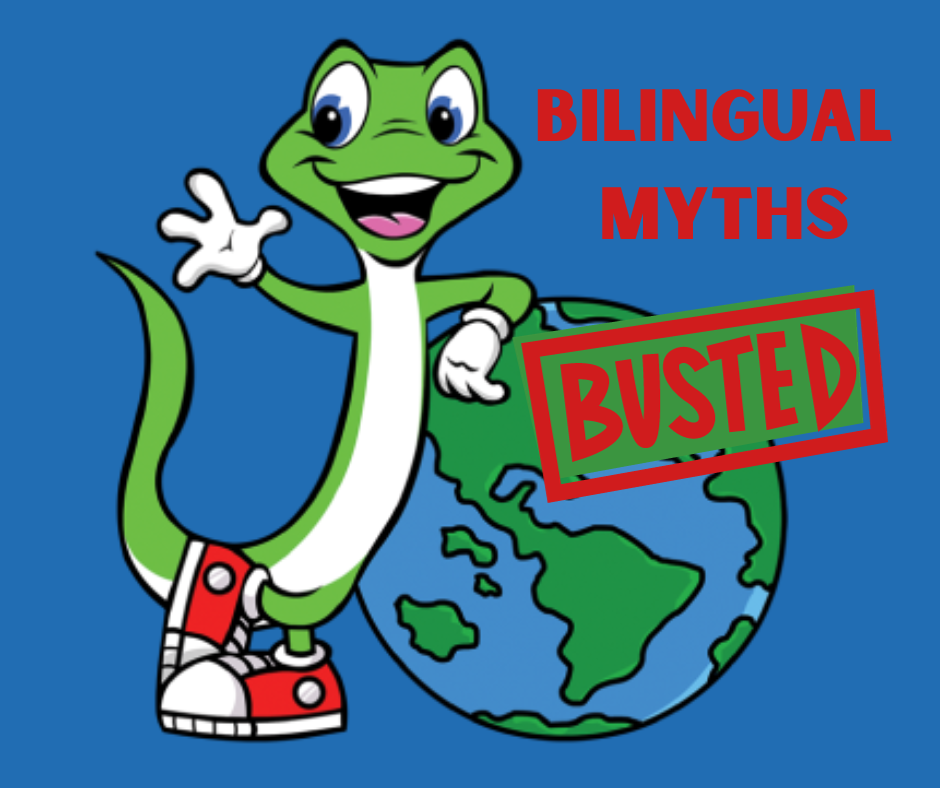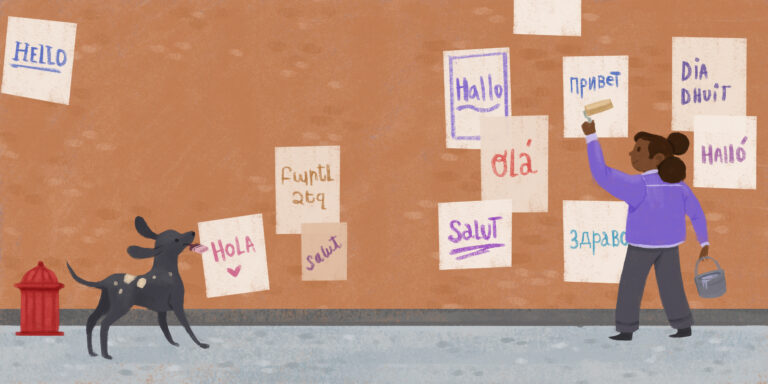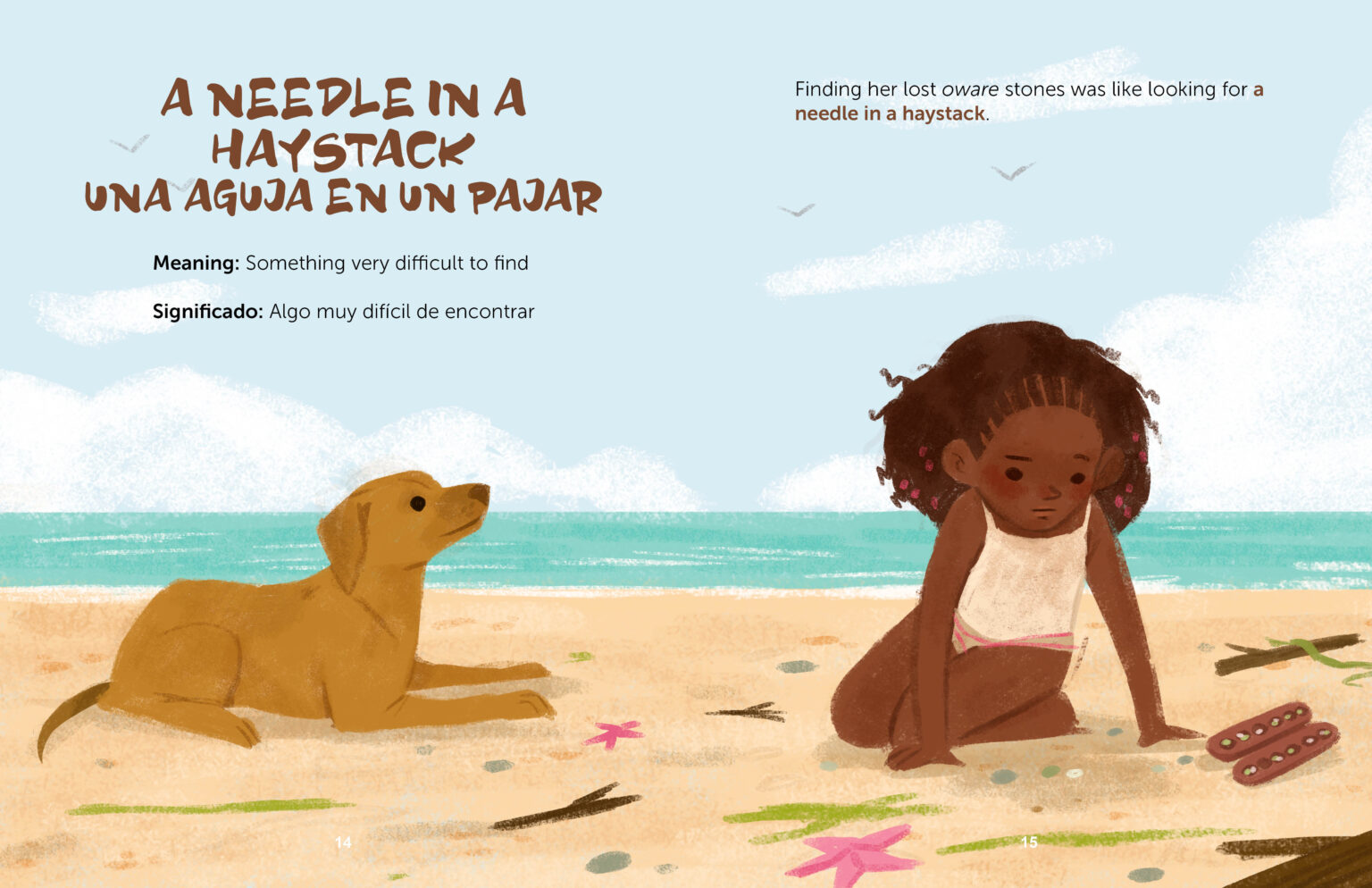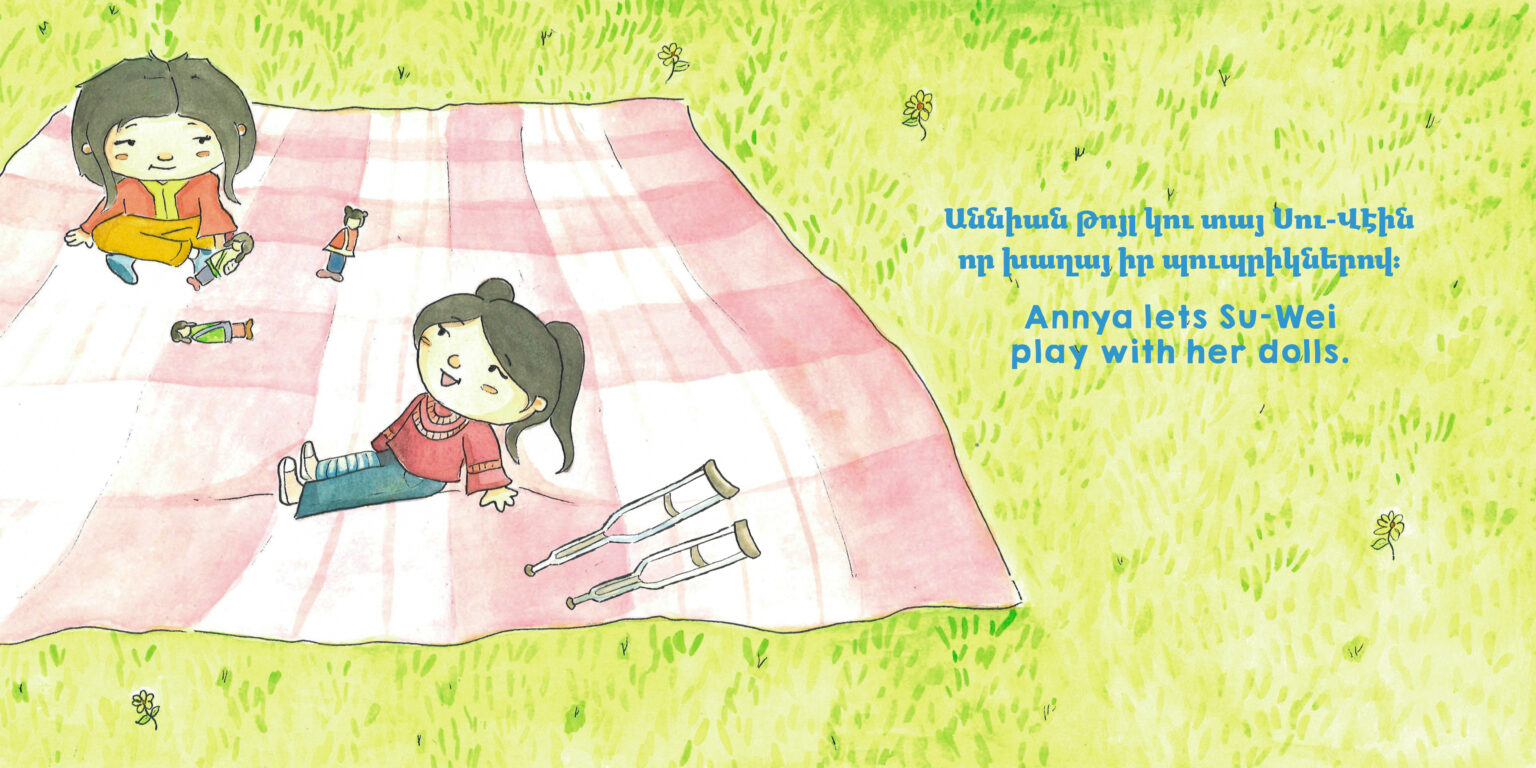Let’s explore 5 commonly held beliefs and shed some light on the truth behind bilingualism and its benefits. .......... CONTINUE READING
Dual Language,
ELLs / DLLs,
Multicultural,
Refugee and Immigrant Resources,
Schools,
Teacher Resources,
October 17, 2023










